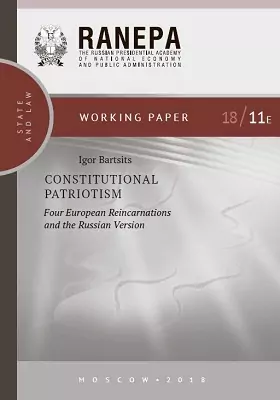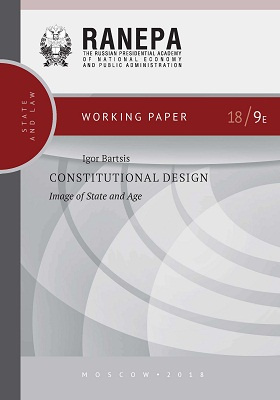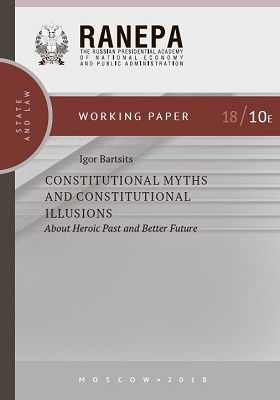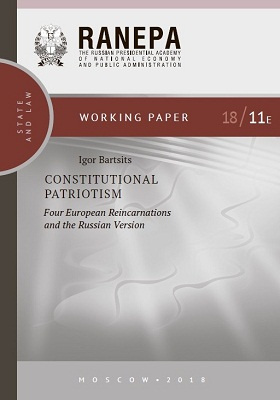Constitutional Patriotism: Four European Reincarnations and the Russian Version = Конституционный патриотизм : четыре европейские реинкарнации и российская версия
Год: 2018
Место издания: Moscow
ISBN: 978-5-7749-1422-7
Страниц: 77
Артикул: 78545
Краткая аннотация книги "Constitutional Patriotism: Four European Reincarnations and the Russian Version"
This study examines the theory of constitutional patriotism with respect to the interests and needs of constitutional and legal development of Russia. The author pays special attention to the views of German legalists and philosophers as originators of this legal theory. Thoroughly analyzing foreign documents that defi ne the content and purpose of constitutional patriotism and give examples of countries using this concept as a basis of their national development, as well as shaping of the European Union’s common identity, the author explores its relevance for the legal doctrine of the Russian Federation and other countries.
Содержание книги "Constitutional Patriotism: Four European Reincarnations and the Russian Version"
Introduction
“Founding Fathers” of the Constitutional Patriotism Doctrine and Jurgen Habermas
Constitutional Patriotism as a Description of the Reunifi cation of Germany
Defi nition and Content of Constitutional Patriotism
Civic Patriotism
Constitutional Nationalism
Constitutional Patriotism as a European Abstraction
“Learning Sovereign” — a Constitutional Patriotism Requires Learning
Constitutional Patriotism — the Russian Version
Afterword. “Are constitutional patriotism’s aspirations too good to be true?”
Все отзывы о книге Constitutional Patriotism: Four European Reincarnations and the Russian Version
Отрывок из книги Constitutional Patriotism: Four European Reincarnations and the Russian Version
C P37Constitution of Czechia (Czech Republic) of 16 December 1992 was adopted on behalf of the “citizens of the Czech Republic in Bohemia, Moravia and Silesia, at this time of the reconstitution of an independent Czech State, true to all the sound traditions of the ancient statehood of the Lands of the Crown of Czechia as well as of Czechoslovak statehood”, the Constitution of the Slovak Republic of 3 September 1992 was adopt-ed on behalf of the “Slovak nation, bearing in mind the political and cul-tural heritage of [their] ancestors and the centuries of experience from the struggles for national existence and [their] own statehood… together with members of national minorities and ethnic groups living on the territory of the Slovak Republic”.The diff erences between the two approaches — nation based on “co-citizenship” and constitutional nationalism can be identifi ed by ana-lyzing the language of constitutions.Article 116 of the Basic Law for the F RG defi nes who shall be consid-ered a German; similarly, the Constitution of Turkey defi nes who shall be considered a Turk:“Unless otherwise provided by a law, a German within the meaning of this Basic Law is a person who possesses German citizenship or who has been admitted to the territory of the German Reich within the boundaries of 31 December 1937 as a refugee or expellee of German ethnic origin or as the spouse or descendant of such person.” 67“Everyone bound to the Turkish State through the bond of citizenship is a Turk.”Comparing these two languages, one can clearly see an attempt to entrench the concept of citizenship-based nation with an additional ethnic component designed for those who, having kept their nation-al identity, live abroad. Similar wording can be found in the Constitu-tion of Azerbaij an which, instead of using the notion of Azeri nation, of the country’s population (according to the results of the surveys conducted in Czechia and Slovakia the day before thе act on the di...
С книгой "Constitutional Patriotism: Four European Reincarnations and the Russian Version" читают
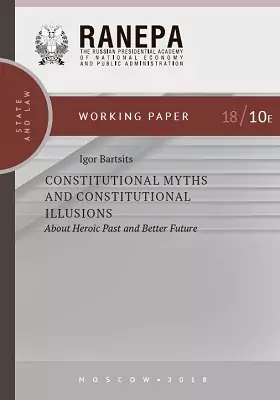
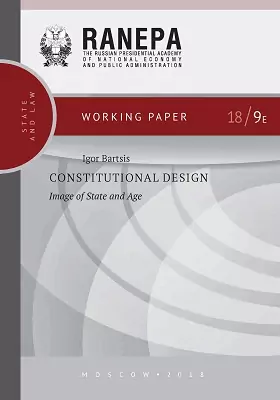
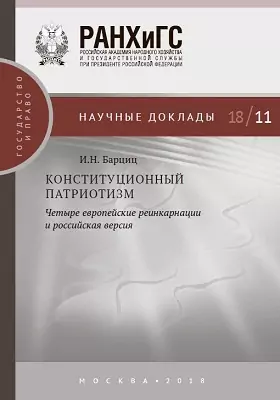
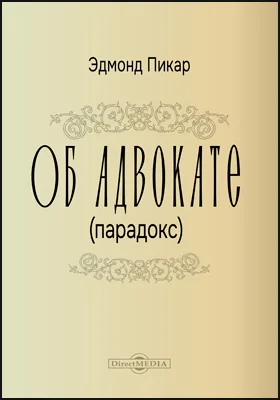
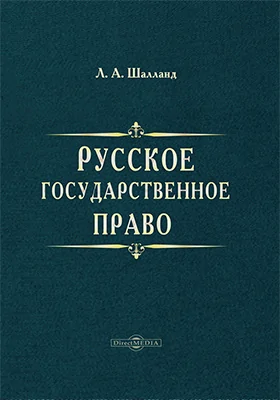
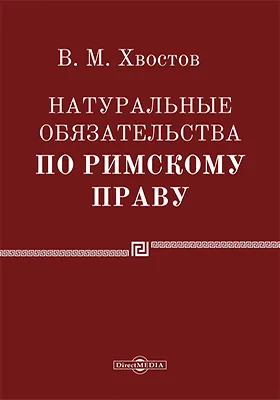
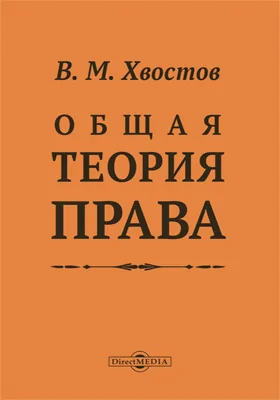



Бестселлеры нон-фикшн
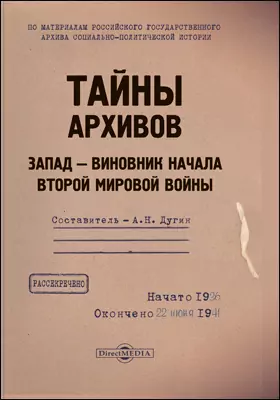

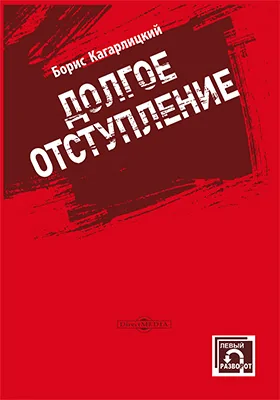
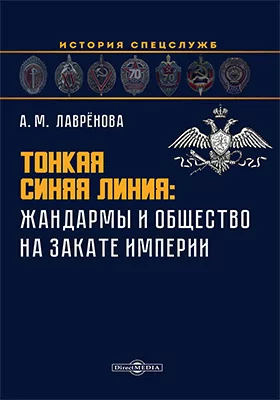

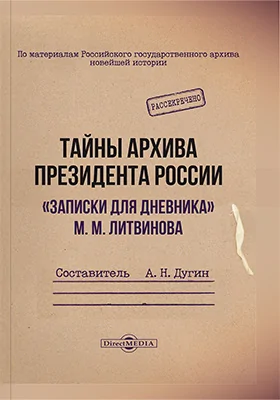
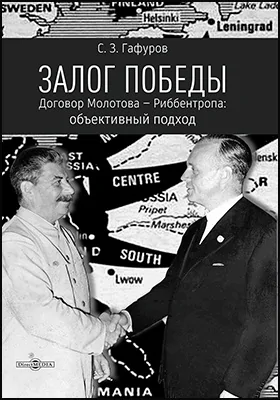
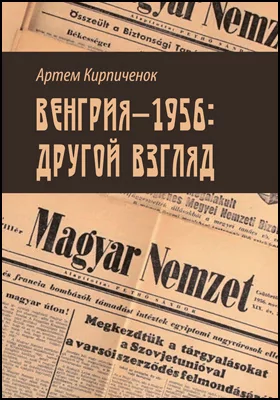
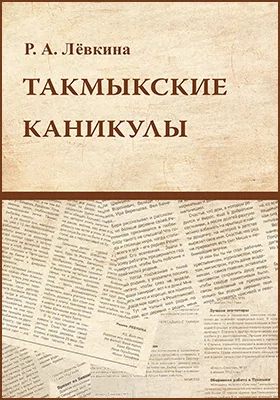
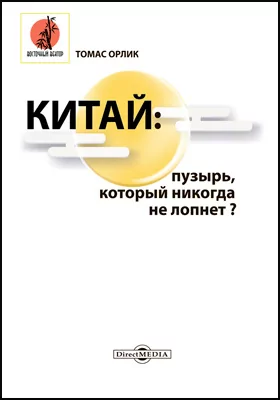

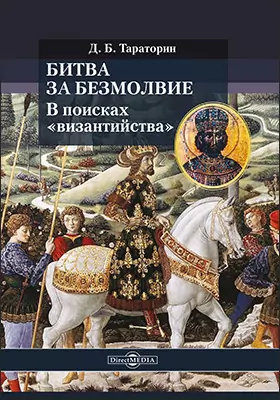
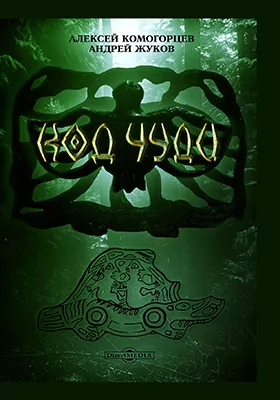
Новинки книги нон-фикшн

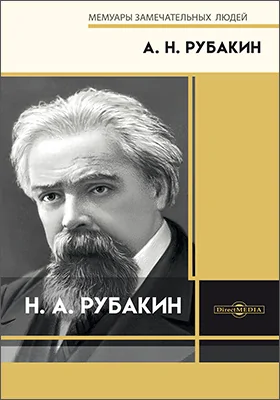
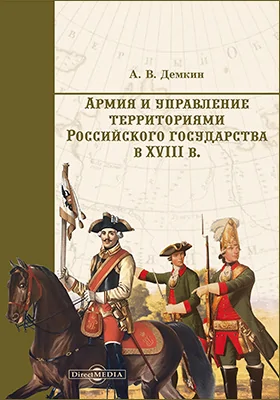


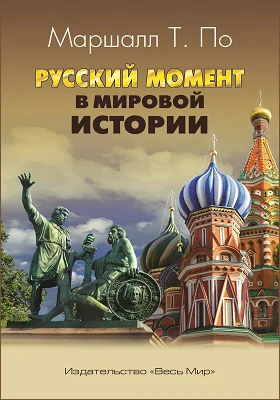
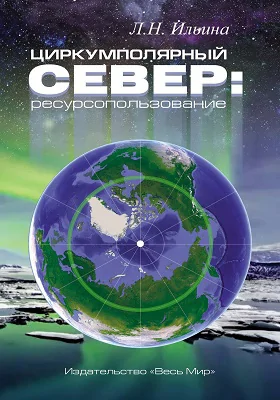
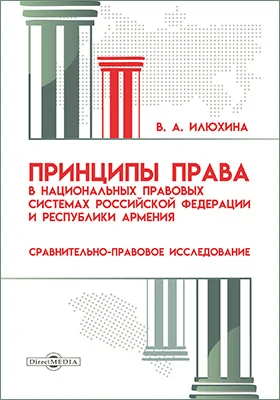

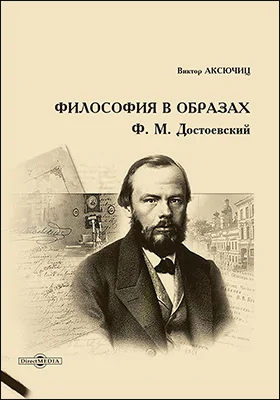
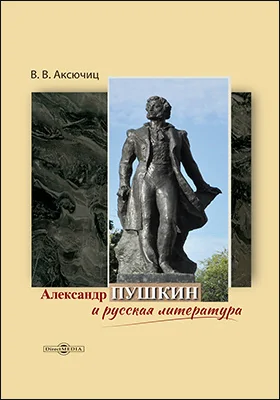
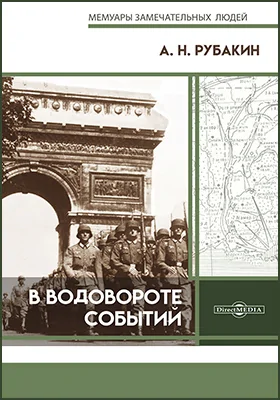

и мы свяжемся с вами в течение 15 минут
за оставленную заявку

